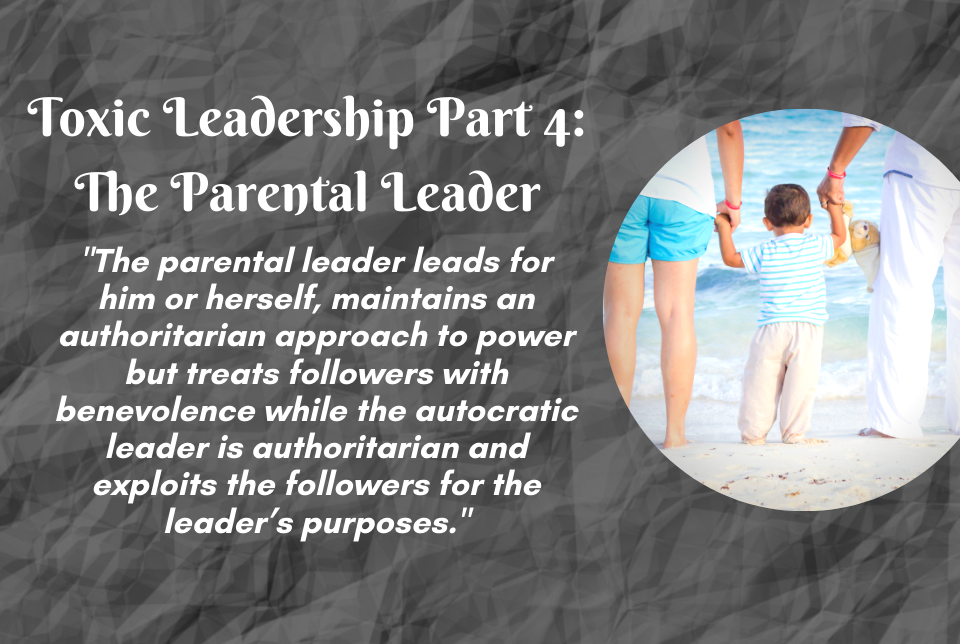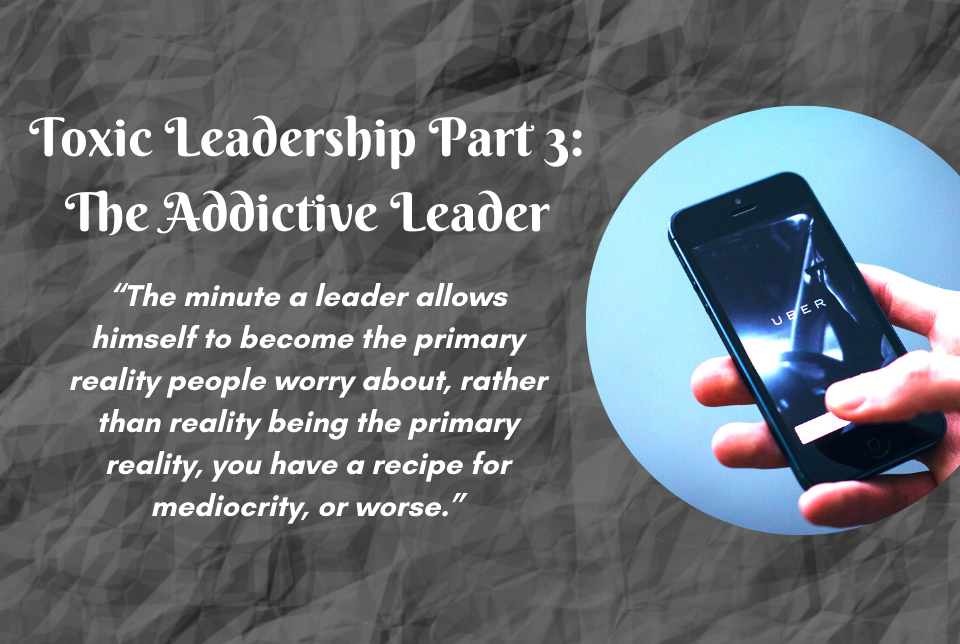Your Mindset of Leading – Part 2
Do you focus more on the needs of others or on your own needs?
This foundational question points us to one of our central underlying assumptions about life and leadership. Life is about me and taking care of me first; or, live is about others and taking care of the needs of others first. Of course, we must take care of both ourselves and others. But, what comes first? What is our primary motivation, to serve or to be served?
From our earliest days as children we are taught to share with others, but we are also taught to protect ourselves.
“Though there is evidence that even young children have a willingness to serve and give to others, there is little doubt that people have a tendency to be preoccupied with and protective of self. On a basic level our safety depends on this natural bent. There is danger in the world and it is wise to acknowledge it and prepare proper and appropriate defenses. Out parents drill this into us, be careful, watch out, don’t go anywhere with a stranger. These are wise warnings and we grow up learning how to manage our natural fight or flight responses” (Laub, 2018, p. 283).
This natural tendency to be self-protective helps to keep us safe when we are children, but it can become damaging to our leadership if we do not learn to go beyond our natural fight or flight responses that are produced out of our lower brain. We need as leaders to learn to use our higher brain functions to create strategies that are wiser, more creative and useful. We need to learn how to serve others not out of weakness but out of strength. There is nothing more powerful than a leader who serves his or her followers when they do not have to do so. It is not a self-serving strategy but an other-serving one that makes all of the difference in leading others.
Servant leadership is a mindset of leading contrasted to two other key mindsets; autocratic and paternalistic (parental). Autocratic leadership is about leading for self and combines an authoritarian use of power with a motivation to exploit others for your own selfish benefit.
Paternalistic (Parental) leadership maintains an authoritarian power over others while providing benevolent actions as a parent nurtures and cares for a child. Many see this a positive leadership approach and in many parts of the world this mindset fits comfortably within cultural expectations. But, the limitations should be obvious. When I take care of you as a leader and maintain a parental role opposed to your child role, you become dependent on me and you are not allowed to develop yourself as a leader. As the chart below shows, servant leaders view the leader’s role as that of a steward, putting the needs of the followers first and treating them as adult partners. If we want truly engaged workers, we must move beyond the self-focus of autocratic leadership and even the benevolence of Paternalistic (Parental) leadership. We need a mindset that sets people free to become what they were designed uniquely to be. To fulfill their potential as people, as workers and as leaders.
Your Fellow Servant,
Jim
__________________________________________________________________________
Laub, J.A. (2018) Leveraging the power of servant leadership: Building high performance organizations. Cham, Switzerland: Palgrave MacMillan.





